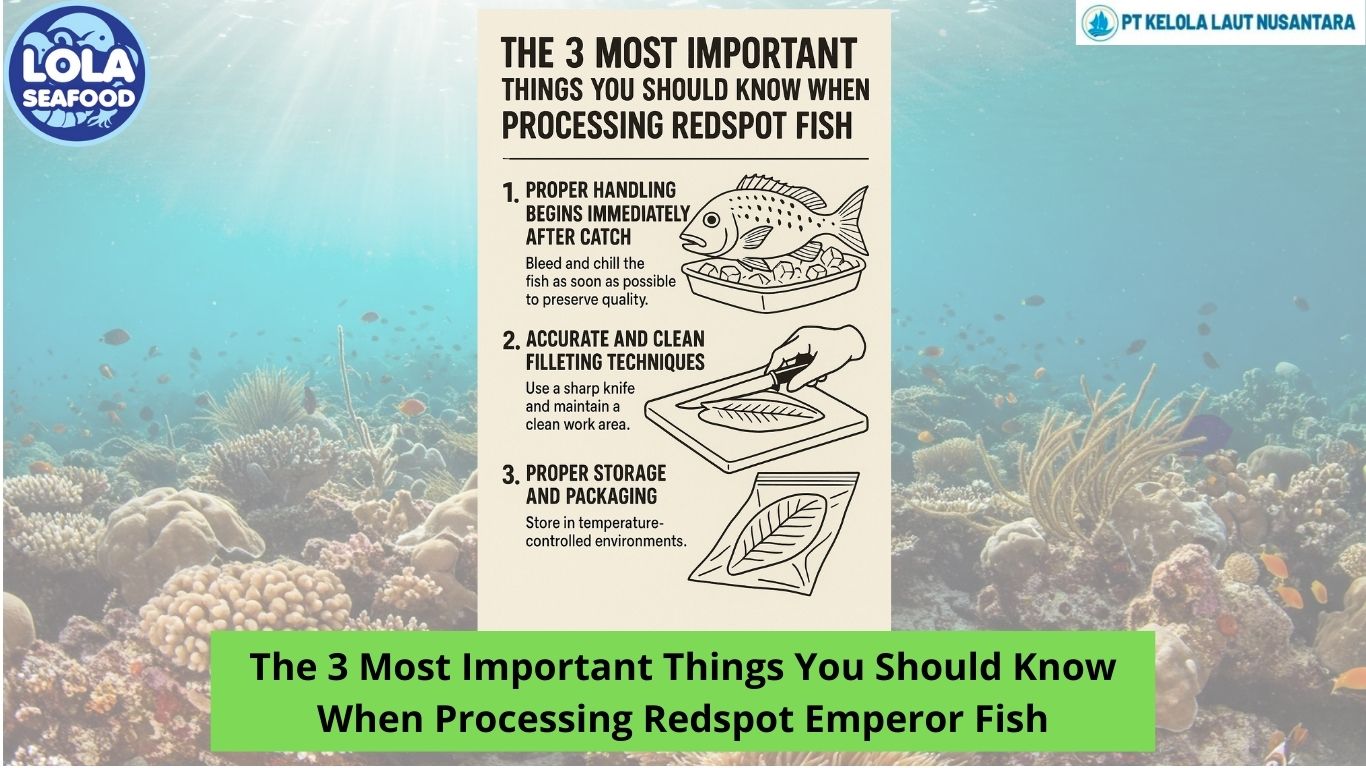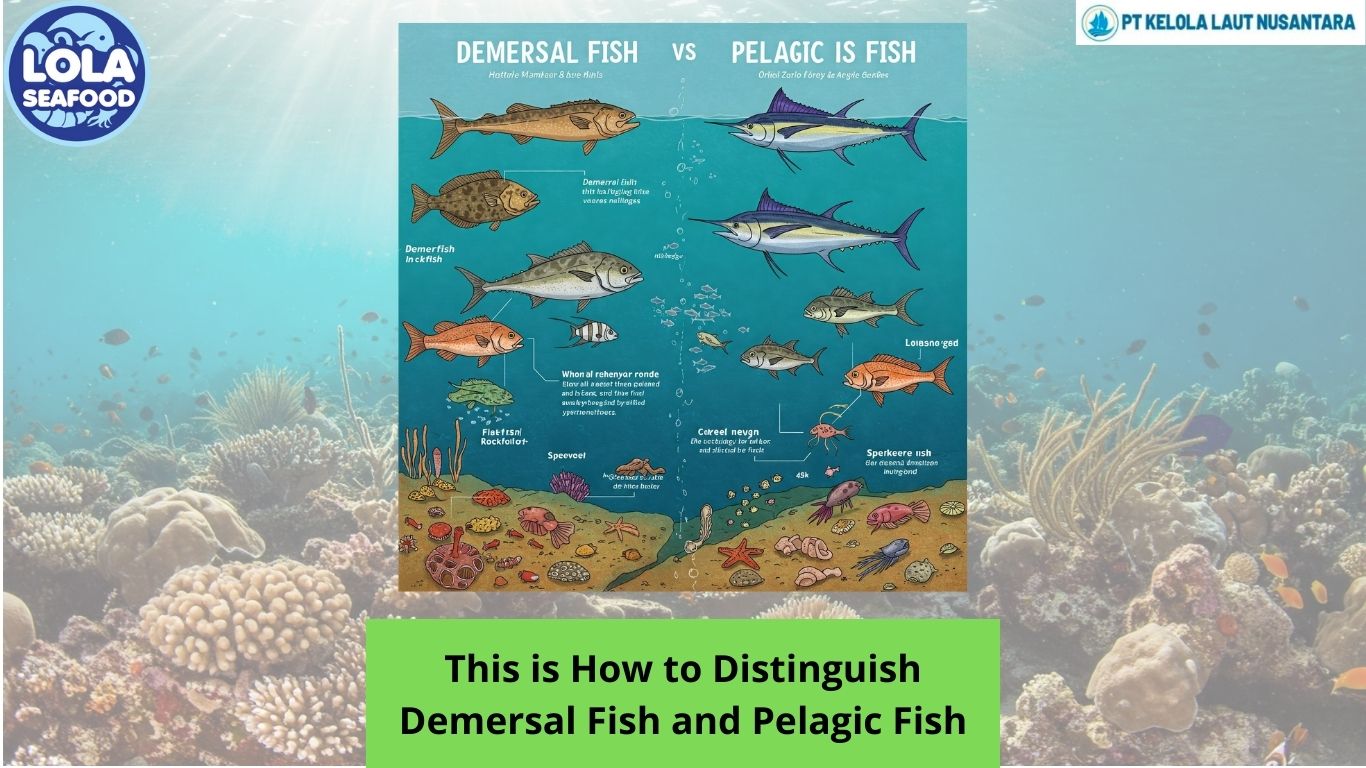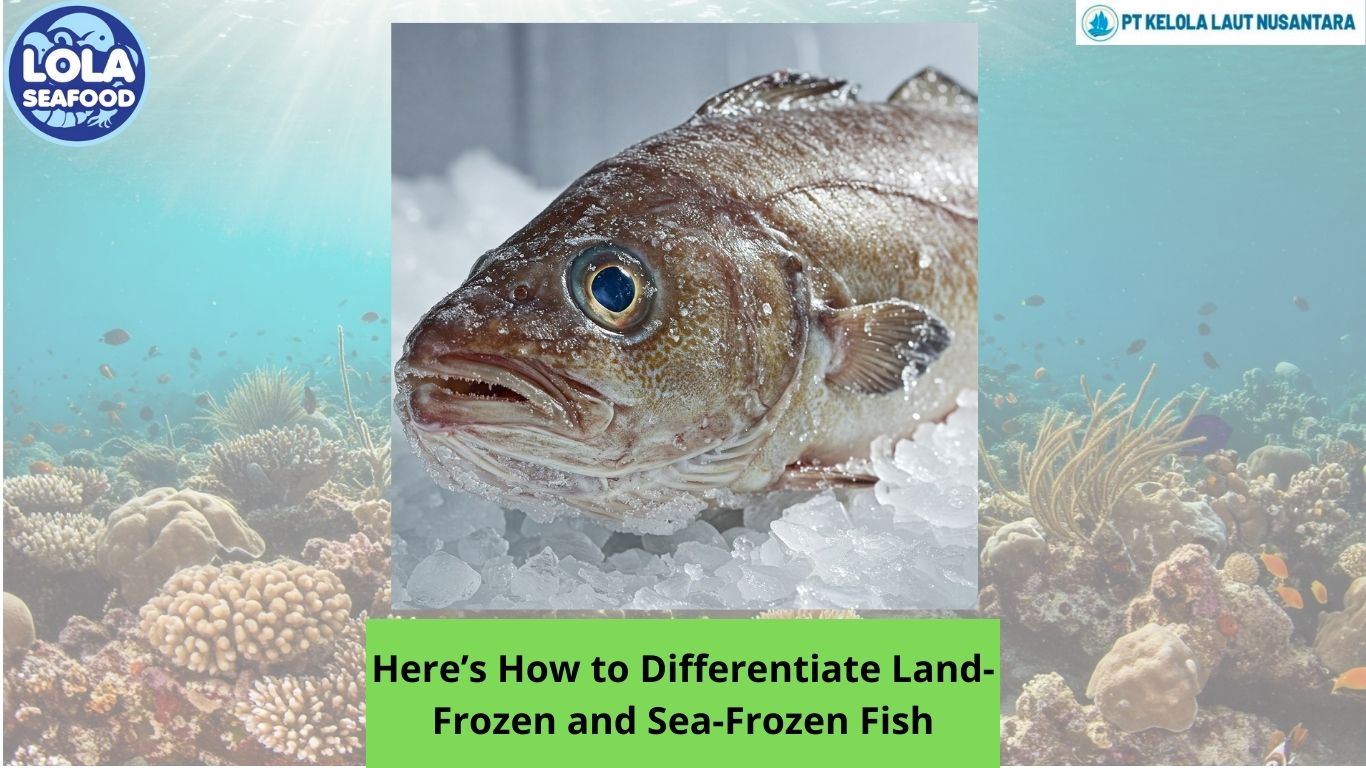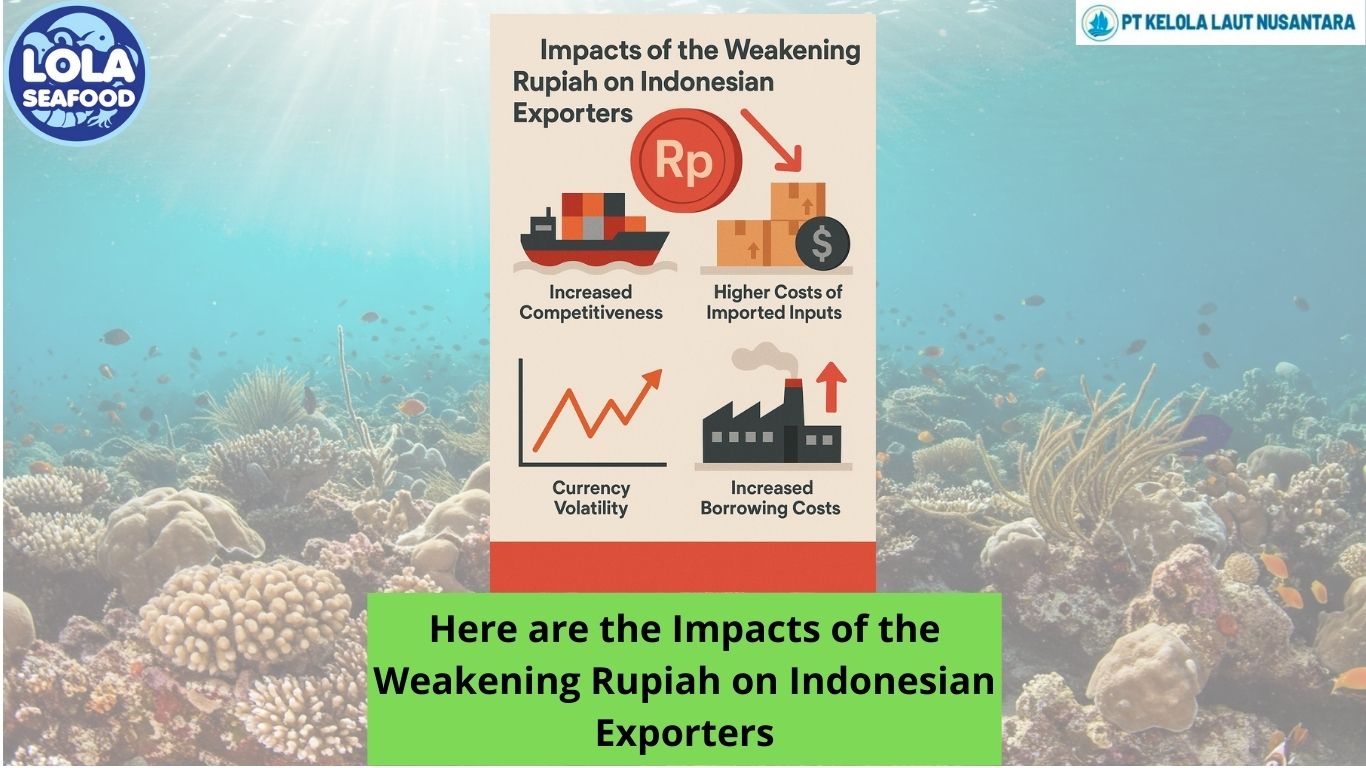Nutrients in Fish Eggs
By. Najih - 12 Oct 2024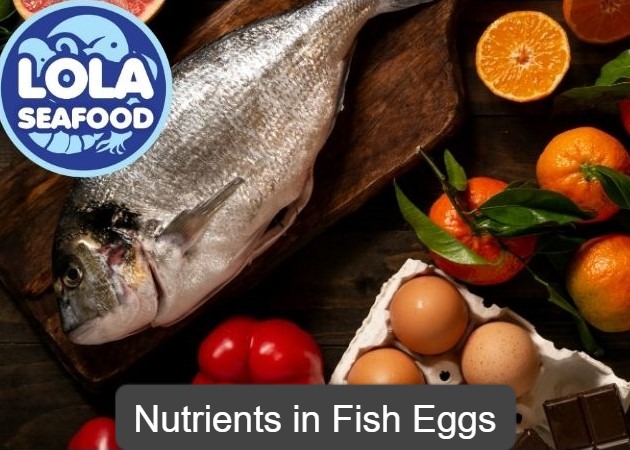
The roe of marine species, such as lumpsucker, hake, muller, salmon, Atlantic bonito, mackerel, squid, and cuttlefish, is exceptionally high in omega-3 fatty acids. Fish eggs are traditionally thought as a rare treat. However, this may alter as more individuals become familiar with the salmon roe usually found in sushi restaurants.
Fish eggs are high in omega-3 fatty acids but also high in cholesterol and typically salted, making them sodium-rich. However, fish eggs are better than supplements since they come from natural sources and are less likely to oxidise during processing. In addition, fish roes contain a substantial amount of vitamin B12. The raw basis product for caviar is sturgeon roe or, in rare cases, other fish such as flathead grey mullet.
In fish eggs, there is a limited amount of 3 types of fat: saturated fat (1.46 gm), which is less nutritious because it may contribute to heart disease; polyunsaturated fatty acids or PUFA (2.66 gm), which is healthier because it has a positive effect on the cardiovascular system, and monounsaturated fatty acids or MUFA (1.66 gm), which is supposed to increase HDL cholesterol or good cholesterol.
Fish eggs are high in protein but try not to overeat. Fish eggs provide a protein boost; however, the amount depends on the variety. Due to their high sodium and cholesterol content, you should consume fish eggs in moderation. A 1-cup serving of fish eggs has more cholesterol than the daily limit for healthy adults (300 milligrams). A diet heavy in cholesterol increases the risk of heart disease.
To enjoy fish eggs, you must have developed a liking for their distinct flavour and taste. However, there are several reasons to include them in your diet. Here are some of the top fish eggs’ health benefits. Fish eggs include potassium and omega-3 fatty acids, which help prevent high blood pressure, blood clotting, and inflammation.
Breast cancer is prevailing among women. Eicosapentaenoic acid (EPA) and docosahexaenoic acid (DHA) are long-chain omega-3 fatty acids. They produce bioactive lipid mediators that aid in inflammation resolution. Omega-3 fatty acids are essential components of phospholipid membranes and lipid rafts, which organise and segregate molecules and influence cell signalling, hypothesised to influence breast cancer.
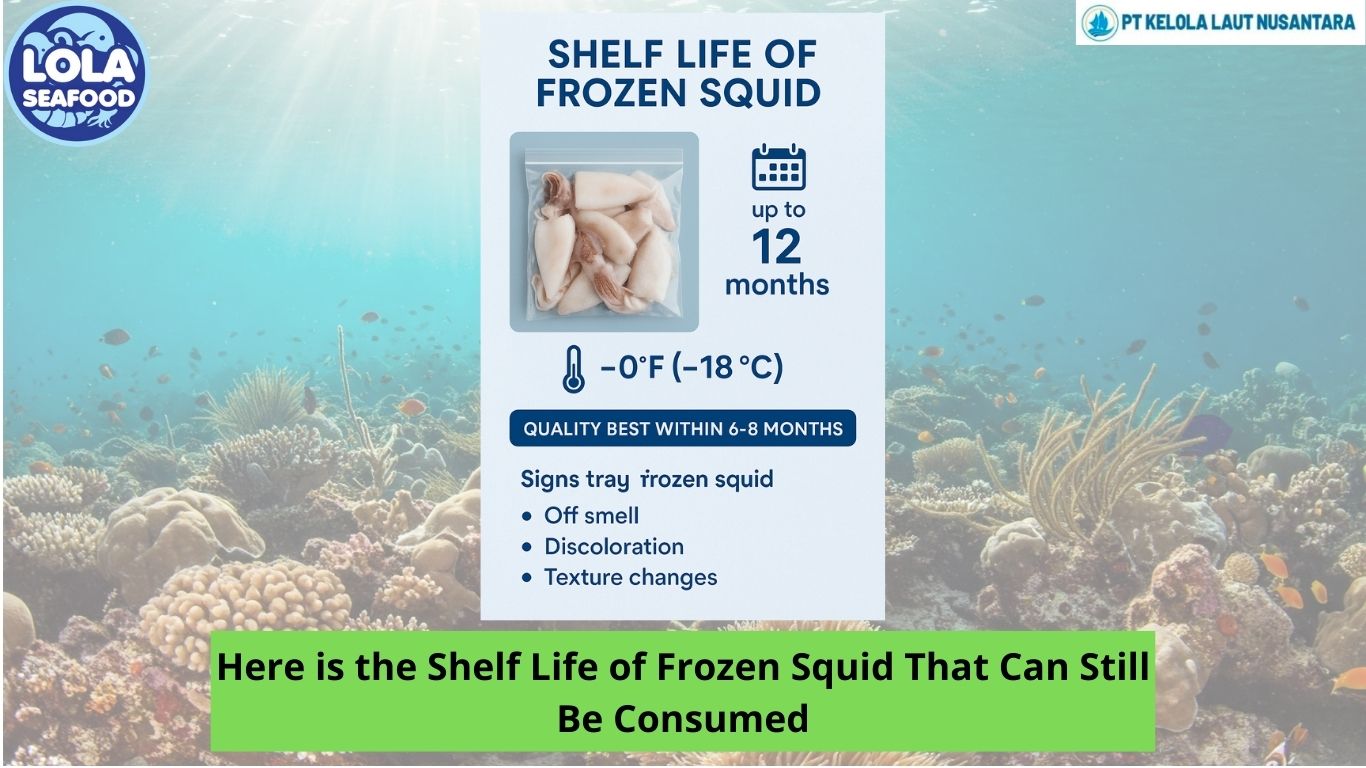
.jpg)
.jpg)
.jpg)
